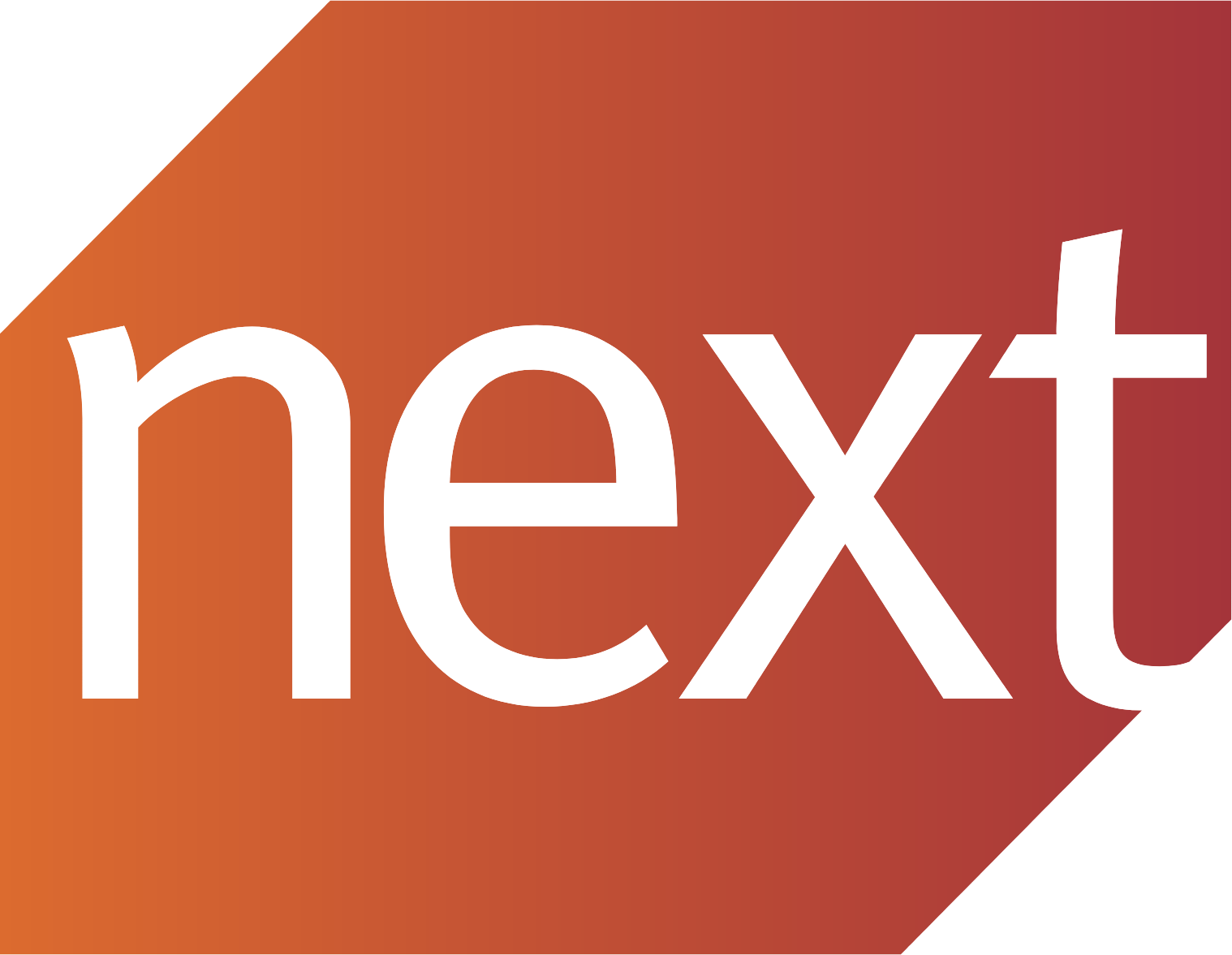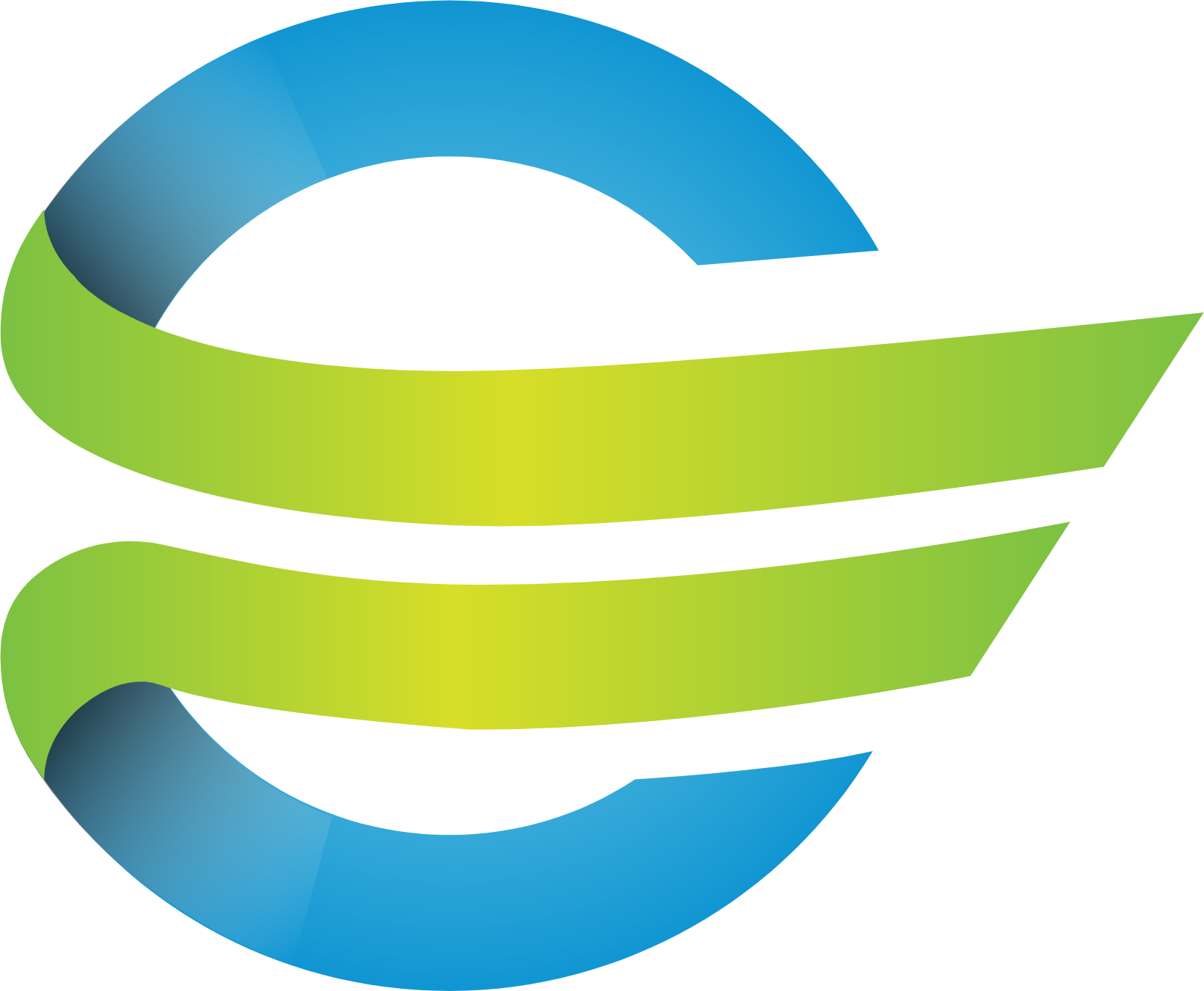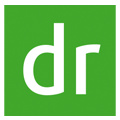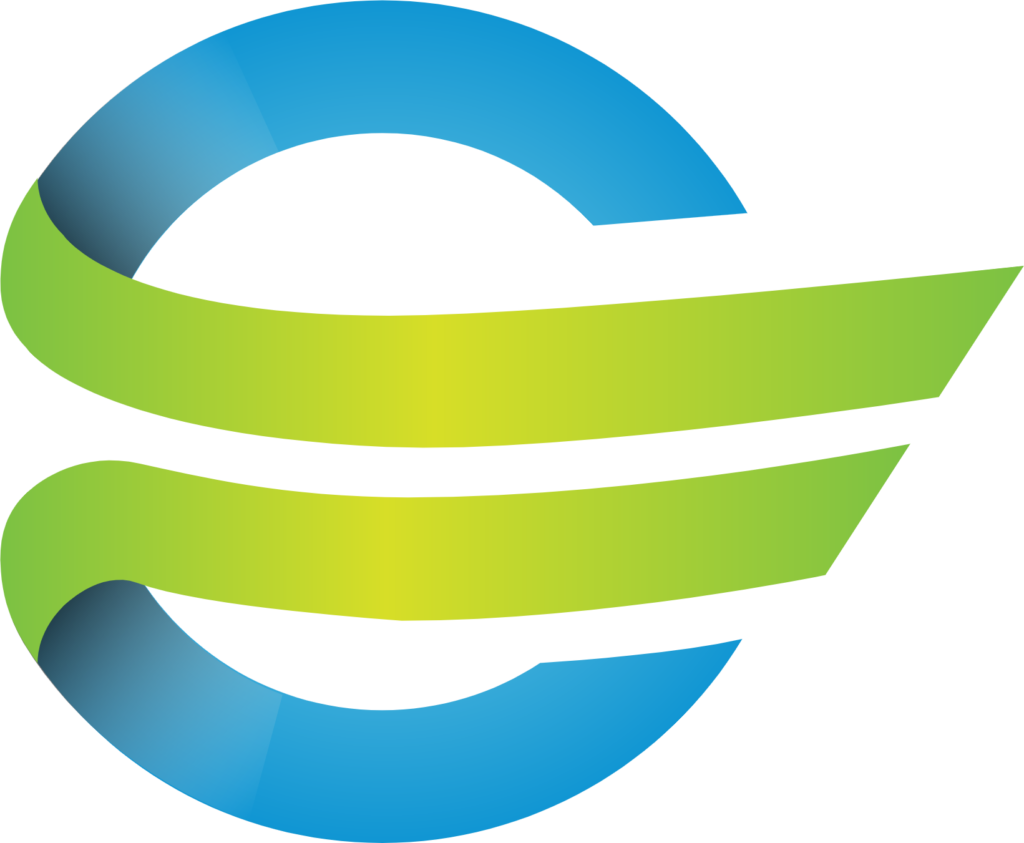Choosing the right EMR or EHR system in 2025 isn’t just about digital convenience; it’s about shaping the future of healthcare delivery. As hospitals and clinics manage rising patient volumes, tighter regulations, and the growing demand for personalized care, the medical software they rely on has become mission-critical.
Today’s top EMR and EHR software goes far beyond record-keeping. It streamlines workflows, enables real-time collaboration, and harnesses AI to support clinical decisions.
This article breaks down the standout systems redefining healthcare efficiency so you can make a smarter, future-ready choice.
Comparison Table
Ideal Business Size
Key Solutions
Mobile Accessibility
Implementation and Support
Pricing

NextGen Healthcare
Medium and large-scale enterprises
- Interoperability-enabled use cases
- Patient and provider experience
- Revenue Cycle Management
- HIPAA-compliant telehealth platform
- Integrated clinical care with practice-based research network
Mobile-friendly solutions with exclusive NextGen Mobile Platform and Ambient Assyst for AI-based interactions
Smooth onboarding and training with clear guidance, go-live support, and post-implementation follow-up
Customized quotations

Athenahealth
Small, medium and large practices and even startups
- Tailorable EHR solution
- Medical billing and practice management software
- Advisory services
- Patient engagement with self-scheduling and easy payment features
- Extended revenue cycle management services with enhanced claims resolutions, medical coding and authorization management
Mobile-friendly applications like Athenaone for AI-powered integrated EHR the intuitive mobile application athenaPatient for streamlining patient access and engagement
Consulting and advisory services with dedicated advisors, performance managers, practice management support, In-person training, and live support at no additional costs
Customized pricing plans with no long-term contracts

Epic Systems
Large healthcare facilities
- Acute and inpatient care
- Automated back-office work
- Integrated research and care delivery
- Improved patient engagement
- Capacity and staffing optimization
Available but limited features
Extensive community support and in-depth onboarding
Customized pricing with high ongoing costs

Cerner
(Oracle Health)
Both private and public healthcare facilities
- Life science solutions and products for aiding research
- SaaS solution for policy administration, revenue management, and billing
- Low-code development framework complex for clinical and scientific data visualization challenges
- Modern administrative solutions
- Clinical and financial operations
Mobile applications available but with limited features
Full-service support experience with faster resolution times
Customized plans

DrChrono
Independent practices looking for mobile EHRs
- Complete clinical documentation
- Telehealth appointments
- Custom-developed medical forms
- Secure text messaging and video visits
- Complete RCM(Revenue Cycle Management) service
- Unparalleled billing tools
Best mobile accessibility
Self-service training tools and resources and instructor-led training sessions
Customized plans, 30-day free trial
Top EHR/EMR Software Picks

NextGen Healthcare: Best Comprehensive Solution
Pros
- Cutting-edge automation for reducing employee burnout
- Easy configurability
- Highly flexible and scalable
Cons
- Complex user interface
- Limited speciality areas
Overview
NextGen Healthcare is a leading EHR provider offering comprehensive PM (Practice Management) solutions for various specialties and group sizes. This robust data-driven platform uses premium AI-enabled solutions to improve doctor-patient connections and clinic operations and maximize outcomes.

Athenahealth: Best Independent Practice Solution
Pros
- Simplified documentation with full integration with mobile devices
- Specialized billing support
- Easy authorizations
Cons
- Cumbersome navigation
- Expensive outsourced billing services
Overview
Athenahealth offers an all-in-one healthcare solution for simplified care delivery and administrative management with better patient and business outcomes. It combines the latest technologies with actionable insights for an open, connected ecosystem to ensure a smarter healthcare experience.

Epic Systems: Best For Large Enterprises
Pros
- Enhanced patient experience with a digital front door
- High interoperability
- Expanded set of APIs at no charge
Cons
- High upfront and ongoing costs
- Demands extensive training
Overview
Epic Systems aims to create a fully digital experience for patients, medical professionals, and healthcare facilities, with single, comprehensive medical records for improved care coordination. This EHR system has digital records for about 325 million patients.

Cerner (Oracle Health): Best For Patient-centric Healthcare
Pros
- Flexible infrastructure and platform resources
- Open and extensible partner ecosystem
- Flexible infrastructure and platform resources
Cons
- Security concerns due to recent breaches
- Integration challenges
Overview
Cerner (Oracle Health) has the largest global EHR market share and incorporates a unified, accessible, and patient-centric approach for improved care quality. It leverages intelligent tools and technologies to address modern healthcare and business challenges and streamline clinical and operational workflows.

DrChrono: Best Mobile EHR
Pros
- Very convenient and accessible
- Best-in-class clinical tools
- Seamless billing
Cons
- Occasional system glitches
- Not-so-smooth navigation
Overview
DrChrono is a top-rated EHR system that offers innovative workflows to take over healthcare facilities’ administrative tasks. It designs essential medical technologies with cutting-edge features to enhance practice management and ensure personalised, dedicated, one-on-one care.
Find your new EHR-EMR software
What else should you know about choosing the right EHR/EMR software?
When choosing EHR/EMR software, assessing your business needs, workflow requirements, and budget is essential. Also, consider your future goals and growth and expansion possibilities. This will help you identify which systems best suit your needs.
Here are some of the critical factors that you must take into consideration:
Speciality
Almost all EMR/EHR software offers essential functions like billing, revenue cycle management, appointment scheduling, patient engagement, and other practice management improvements. However, one crucial factor that should not be ignored is checking for supported specialties. Speciality-specific EMR and EHR systems have exclusive features, pre-designed templates, reporting tools, and other necessary integrations that can significantly improve overall efficiency.
Customization
Different practices have different needs, and no solution can cater to all. Therefore, looking for EMR/EHR systems that offer customization options like configurable templates and dashboards, reports, and custom alerts is ideal. These systems can also help you add a personalized and distinguished touch to your services.
Privacy and security compliance
Privacy and security compliance are key areas of concern when handling patients and other critical medical information. Data encryption, structured authorization, MFAs, access controls, secure messaging, and other security protocols are necessary. It is always advisable to verify the authenticity of the vendors and conduct regular security audits for enhanced safety. Also, check for adherence to HIPAA (in the U.S.) or other established security standards.
Interoperability
Coordinated care is the current need. Therefore, prioritize EMR/EHR solutions that support seamless information sharing across different platforms and ensure a connected experience. This will help streamline workflows and eliminate errors, leading to more informed decision-making. Also, efficient data transfer across different facilities can reduce redundancies and improve patient experience significantly.
Implementation support
Implementing EHRs/EMRs is challenging. Setting up the system, training staff, migrating data, and integrating workflows are not always easy. This is why you should consider a vendor who can offer a smooth onboarding experience, help you with technicalities, provide adequate training resources and detailed documentation, offer go-live and post-implementation support, and provide responsive customer service.
Methodology: How we chose the best EHR/EMR software
This evaluation for the best EMR and EHR software is based on an extensive analysis of the core functionalities and specialized features, industry requirements, customization options, flexibility, and user reviews.
First, we identified standard healthcare needs like interoperability, accessibility, service and support, AI assistance, and patient engagement features. Then, we assessed different EMR/EHR software based on their service capabilities, key solution areas, mobile accessibility, and pricing. We factored in user reviews from verified platforms to decide on the top solutions.
However, there are certain limitations, too. The vendor landscape is rapidly evolving, and the competition is tough. New entrants with advanced features and functionalities exist but are not established enough compared to older players in the market.
Moreover, the pricing models are not always transparent, and most providers offer customized quotations only. This makes it difficult to decide their cost efficiency. Also, some advanced features can only be accessed through a demo or sales team support. It may incur additional costs, platform fees, or other hidden charges.
Therefore, when choosing the right EHR/EMR software, thoroughly analyze different available solutions, consider all critical factors, weigh them per your practice requirements, and then make an informed decision.
FAQs
EHR (Electronic Health Record) and EMR (Electronic Medical Record) software are used across healthcare settings to digitally maintain patients’ health and treatment details. They simplify administrative processes and aid in informed decision-making with enhanced data analysis and reporting features.
A patient portal is a digital platform designed to help patients access their medical records and treatment information, interact and engage with healthcare providers, raise concerns, and schedule appointments. However, healthcare providers maintain an EHR to manage patients’ health and treatment details for key administrative activities and efficient patient care and support.
Here’s how EHR/EMR software benefits healthcare:
- EHR/EMR offers a comprehensive patient data record for readily accessible and up-to-date information.
- They support decision-making with detailed medical history and treatment records of the patients.
- They facilitate seamless communication and collaboration across healthcare settings, thus reducing administrative burden.
Implementing EHR/EMR software can take several weeks to even months and depends upon crucial factors like features and customization requirements, practice size, system complexity, technical proficiency, and vendor support.
Learn more about EMS (Emergency Medical Software).


